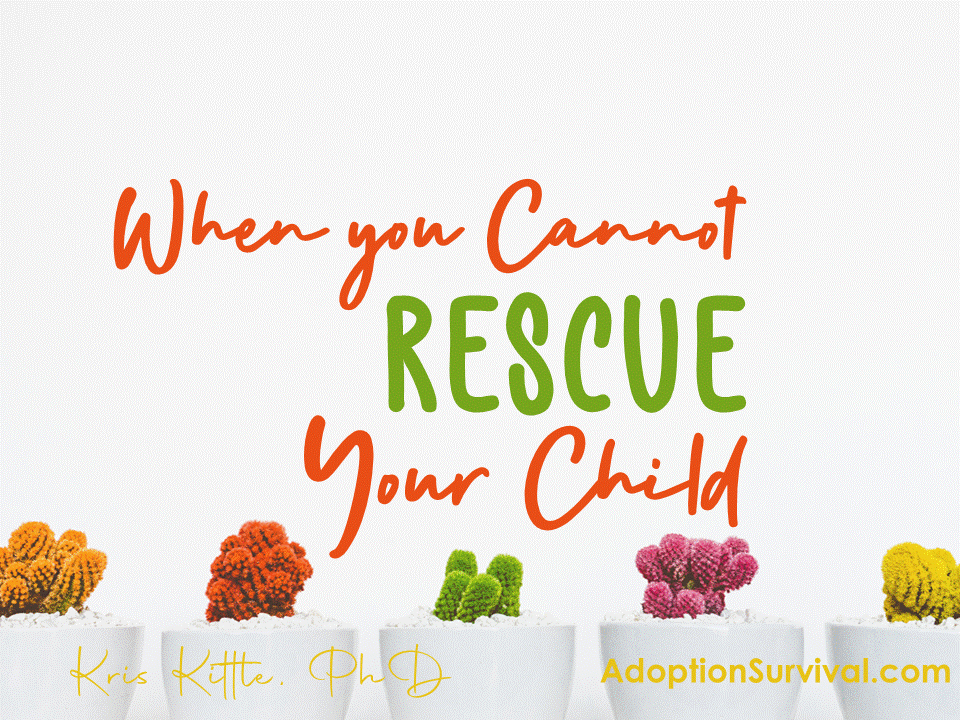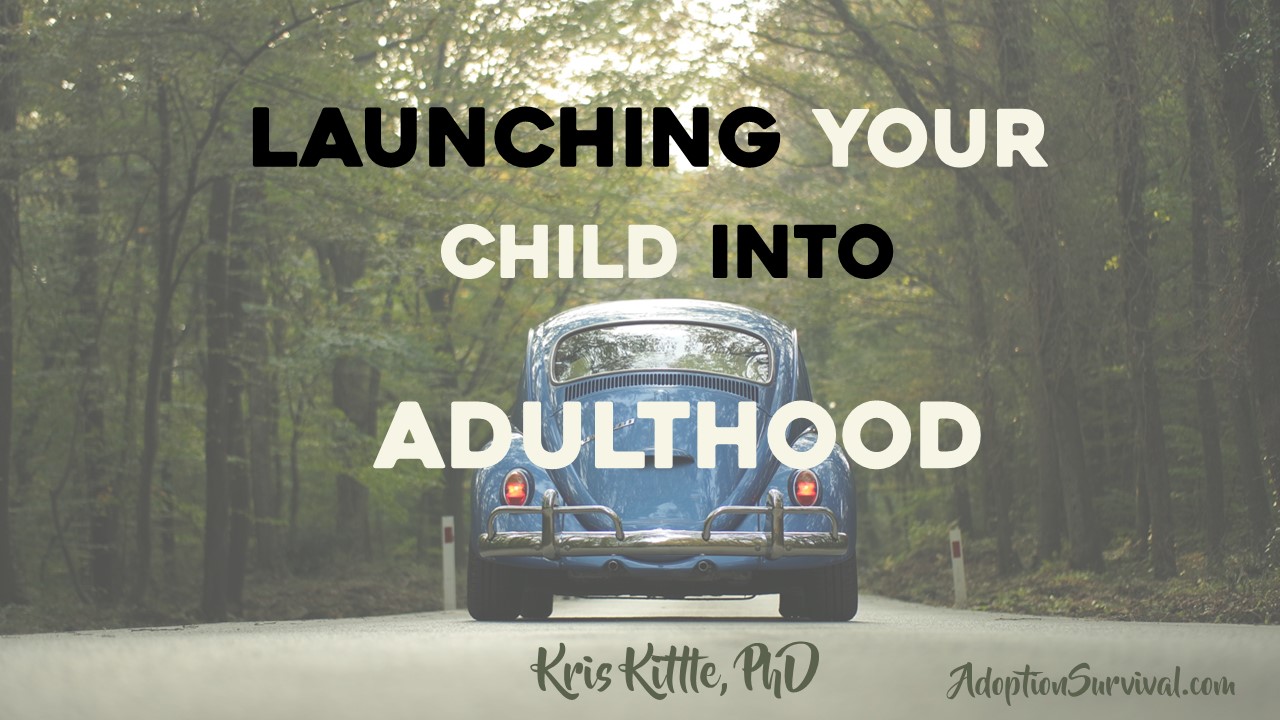
Is your adult child making choices that make you cringe? You see the path they are on. You see the cliff they are heading straight towards (barreling at 80 miles at hour). You warn them. You scream WATCH OUT! You want to jump in the car and take over. You want to rescue them.
But you can’t.
Yeah. Been there.
In these moments, I have to keep reminding myself this hard truth:
I cannot rescue my child from his/her choices.
You may be thinking: What? I cannot rescue my child? But I want what is best for them. I don’t want them to experience hard things. They’ve experienced so much hard in their life. I want to protect them from experiencing more hard things. That’s what parents do: protect their child!
Protecting is a parent’s responsibility. True. But once your child becomes an adult, your responsibilities shift. You are no longer provider and protector. Instead, you are now advisor (but only when they ask).
What cliffs can we not protect our adult children from?
Quitting School. You’ve done all you can to ensure they finish high school. You know the challenges they will experience if they drop out. Or maybe they finished high school, but do not desire to pursue additional education. You see their academic potential, but they do not. They have to decide to do the work or not. You cannot do it for them.
Quitting a Job. They have a good job, but they decide it is too hard. Or too boring. Or too (insert today’s reason). Maybe their reasons are justified. Maybe they are not. Either way, they made the decision. You can help them brainstorm job options. You can walk beside them as they complete job applications (if they want your help). But that does not mean you pay their bills. It might not mean they move back home.
If they already live at home, what is their contribution to the household (pointing out each person’s contribution to the functioning of the house)? If they are not willing to contribute, then you may need to take more drastic measures. And none of them are easy for parents.
Getting Married. Maybe they warn you in advance, but maybe they tell you afterwards. Either way, they made the adult decision to get married (even if for teenage reasons). Now what? Now you remind them that they have a spouse and point them back to that relationship.
What if it is abusive? Then you continue to remind them you will help them when they decide this is not safe. And you pray for their safety. Maybe you get them out for a few days, but they have to choose to stay out. You pray they have a moment of clarity (and humility) to admit they made a mistake and get out for good. But they have to choose. And your nagging will not help.
Having a Baby. This is (for me) the hardest. Maybe it was an intentional decision to have a baby; maybe it wasn’t. Either way, an innocent baby is impacted by your child’s choices.
Document any neglectful behavior.
Take legal action if necessary (knowing it is not an easy path).
Is helping them with the baby best? Maybe, but maybe not. For some, providing a safe home for your child and grandchild may be a good option (but he/she still needs to contribute to the household at some level). For others, their child experiencing independent living as a parent is necessary.
If they are married, you need to point them back to their spouse and the responsibilities they have together. What if the spousal relationship is not good? Then they have to make the decision to make a change. Maybe that means counseling or perhaps divorce. But this is their decision to make. Again, parents can advise (if requested). However, your child has to act.
There is a fine line between enabling and supporting. I do not believe the difference is clear cut in every circumstance. Walking it is hard. There will be times when you enable them. But when you realize your error in enabling them forgive yourself then make a correction.
Please know you are not the only one struggling.
Many of us are right there walking this path with you.
Do not be afraid to ask for help. Never neglect the host of therapists, pastors and friends who can help guide you as you navigate the journey of parenting adult children.
Check out this blog for more ideas.




